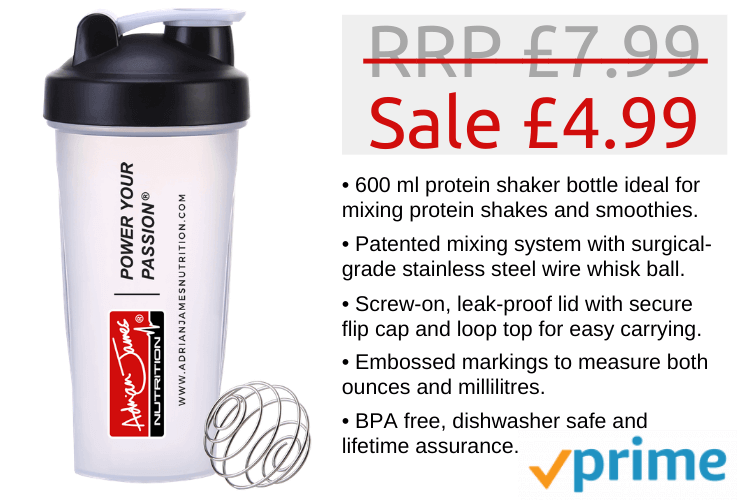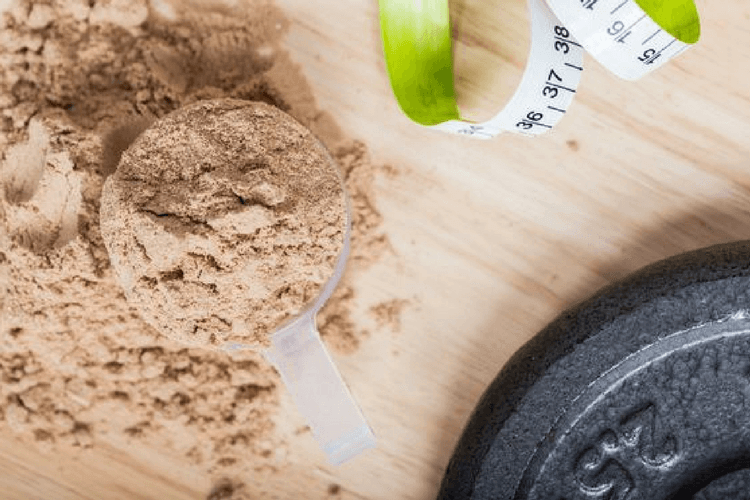Choosing a protein powder can be overwhelming. From whey protein to soy and from single source to blends, there are dozens of options available – and that’s before you factor in the multitude of flavours. The protein that’s right for you will support your fitness goals and accommodate any allergies or dietary requirements you may have. It should also be palatable, easy to mix and within your budget. From the type of protein to the nutrients it’s fortified with, there are a lot of variables to factor in. The following guidelines will help you pick the powder that’s best for you.
Consider your goals
The type of protein you require will vary according to your goals. Bodybuilders may require a different protein powder to endurance runners, while the needs of casual fitness enthusiasts will differ from those of hardcore athletes. Do you want a formula containing both protein and carbs or would you prefer protein only? For example, some protein powders contain simple and complex carbs, protein and fats. This formulation is ideal for anyone trying to bulk up, but is not suited to weight loss or maintenance plans.
If you’re trying to get lean, choose a protein powder with little or no carbs. Ideally, each serving should provide at least 20 grams of protein, zero to five grams of carbs and zero to five grams of fat. Remember that protein powders contain calories too, which can lead to fat gain if consumed in excess.
Types of protein
Protein powders can be made with whey, casein, eggs, beef, soy, pea, hemp, rice and other protein sources. Whey protein is the most popular choice due to its high protein content and has the highest level of branched-chain amino acids (BCAAs) that stimulate protein synthesis and help maintain muscle mass.
A quick look at the label will reveal exactly what you’re getting in your prospective protein. For example, a single serving of Healthy Whey contains 20 grams of whey protein, 4.8 grams of BCAAs, 4.4 grams of glutamine, magnesium, zinc, vitamins B6, vitamin D and fibre. Due to its blend of fast and slow-digesting protein it can be used pre- and post-workout, between meals or at bedtime.


Casein is a popular pre-bedtime protein because of its slow absorption rate. However, it doesn’t mix as easily as whey protein and is usually unflavoured making it less palatable. Egg white protein is low in fat and has no gluten or carbs, making it popular amongst dieters. Some athletes prefer beef protein powder, which contains no lactose. Vegans can opt for soy, hemp, pea or rice protein powder.
Look for allergens
If you’re allergic to milk, wheat, nuts, soy or eggs, read the labels carefully. Most types of casein and whey protein contain lactose, which is a common allergen.
You get what you pay for
Two different brands may contain the same protein content, but that doesn’t make them equal. 20 grams of premium protein will do your body more good than 20 grams of a low-grade equivalent. While price isn’t everything, it can be taken as an indicator of quality.
Whether it’s strawberry or chocolate, casein or whey, pick a protein that will support your goals. Armed with the right protein, you’ll be able to build more muscle, recover quicker and fuel your body with an optimum blend of nutrients. Great results demand a great protein powder.







